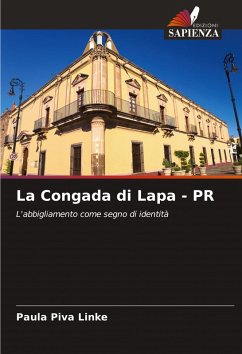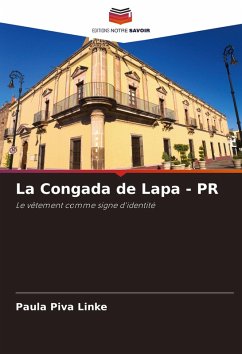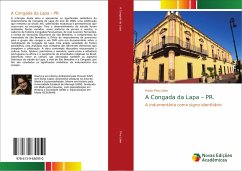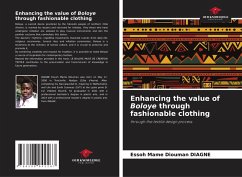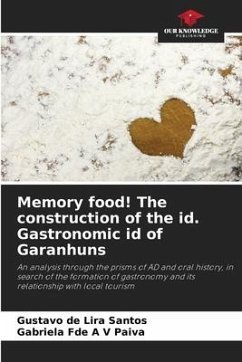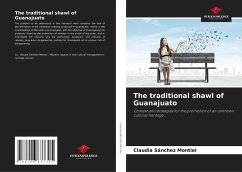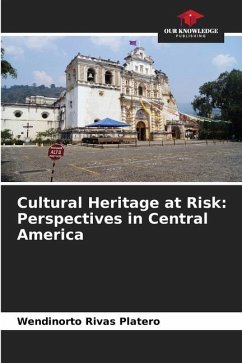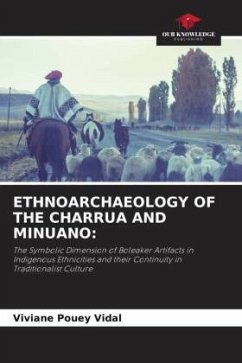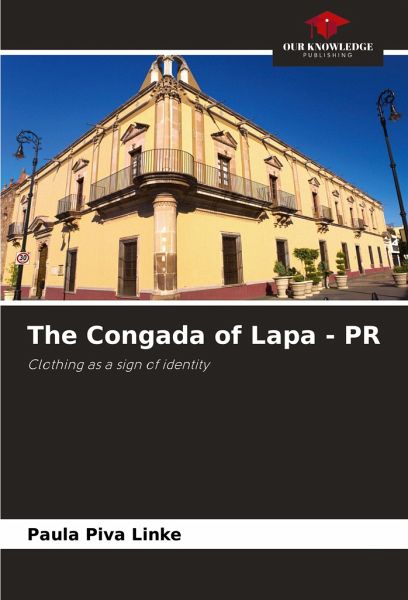
The Congada of Lapa - PR
Clothing as a sign of identity
Versandkostenfrei!
Versandfertig in 6-10 Tagen
46,99 €
inkl. MwSt.

PAYBACK Punkte
23 °P sammeln!
The aim of this work is to present the symbolic meanings of the costumes of the Congada da Lapa in 2004, a celebration that dates back to the 19th century, highlighting the changes and continuities that have occurred in the performance. To develop the study, a variety of sources were analyzed, such as newspaper and magazine articles, José Loureiro Fernandes' folklore notebook Congadas Paranaenses, the magazine of the Diocesan Sanctuary of São Benedito, the commitment of the Brotherhood of São Benedito, the letter requesting sponsorship for the congo group and a DVD with a documentary about ...
The aim of this work is to present the symbolic meanings of the costumes of the Congada da Lapa in 2004, a celebration that dates back to the 19th century, highlighting the changes and continuities that have occurred in the performance. To develop the study, a variety of sources were analyzed, such as newspaper and magazine articles, José Loureiro Fernandes' folklore notebook Congadas Paranaenses, the magazine of the Diocesan Sanctuary of São Benedito, the commitment of the Brotherhood of São Benedito, the letter requesting sponsorship for the congo group and a DVD with a documentary about the revitalization of the Congada da Lapa. This wide variety of sources enabled a more complete assessment of the different elements that make up the celebration. The work includes discussions related to culture, festivities, folklore, heritage and memory; as well as the Portuguese influence in Africa and the emergence of religious brotherhoods in Brazil, especially among the captives; the historical aspects of the city of Lapa, the life of São Benedito and the Congada are also addressed; finally, the symbolic meanings of the congos' clothing are studied.





